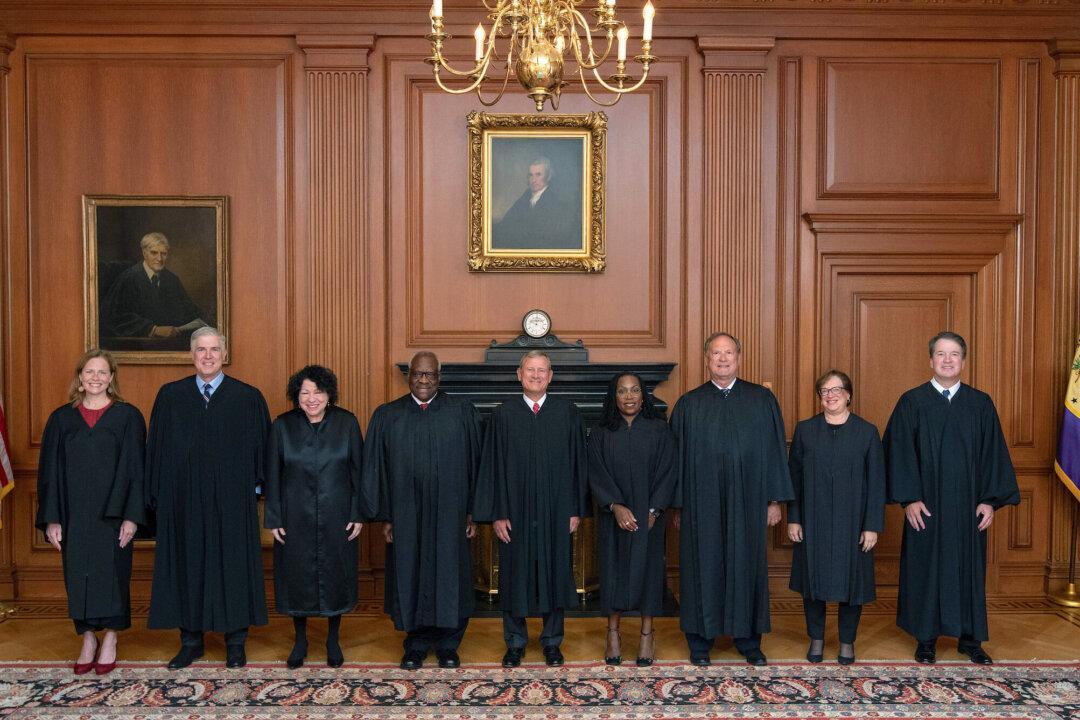The U.S. Supreme Court reversed court rulings in which local governments seized two homes over unpaid tax debts and kept sale proceeds that far exceeded the tax owed.
Critics call the practice “home equity theft.”

The U.S. Supreme Court reversed court rulings in which local governments seized two homes over unpaid tax debts and kept sale proceeds that far exceeded the tax owed.
Critics call the practice “home equity theft.”